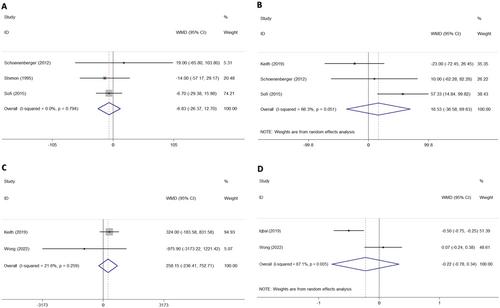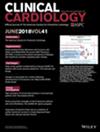Role of Thiamine Supplementation in the Treatment of Chronic Heart Failure: An Updated Meta-Analysis of Randomized Controlled Trials
Abstract
Background
Chronic heart failure (CHF) has always posed a significant threat to human survival and health. The efficacy of thiamine supplementation in CHF patients remains uncertain.
Hypothesis
Receiving supplementary thiamine may not confer benefits to patients with CHF.
Methods
A comprehensive search was conducted across the Cochrane Library, PubMed, EMBASE, ClinicalTrials.gov, and Web of Science databases up until May 2023 to identify articles investigating the effects of thiamine supplementation in CHF patients. Predefined criteria were utilized for selecting data on study characteristics and results.
Results
Seven randomized, double-blind, controlled trials (five parallel trials and two crossover trials) involving a total of 274 patients were enrolled. The results of the meta-analysis pooling these studies did not reveal any significant effect of thiamine treatment compared with placebo on left ventricular ejection fraction (WMD = 1.653%, 95% CI: −1.098 to 4.405, p = 0.239, I2 = 61.8%), left ventricular end-diastolic volume (WMD = −6.831 mL, 95% CI: −26.367 to 12.704, p = 0.493, I2 = 0.0%), 6-min walking test (WMD = 16.526 m, 95% CI: −36.582 to 69.634, p = 0.542, I2 = 66.3%), N-terminal pro-B type natriuretic peptide (WMD = 258.150 pg/mL, 95% CI: −236.406 to 752.707, p = 0.306, I2 = 21.6%), or New York Heart Association class (WMD = −0.223, 95% CI: −0.781 to 0.335, p = 0.434, I2 = 87.1%). However, it effectively improved the status of thiamine deficiency (TD).
Conclusions
Our meta-analysis indicates that thiamine supplementation does not have a direct therapeutic effect on CHF, except for correcting TD.


 求助内容:
求助内容: 应助结果提醒方式:
应助结果提醒方式:


